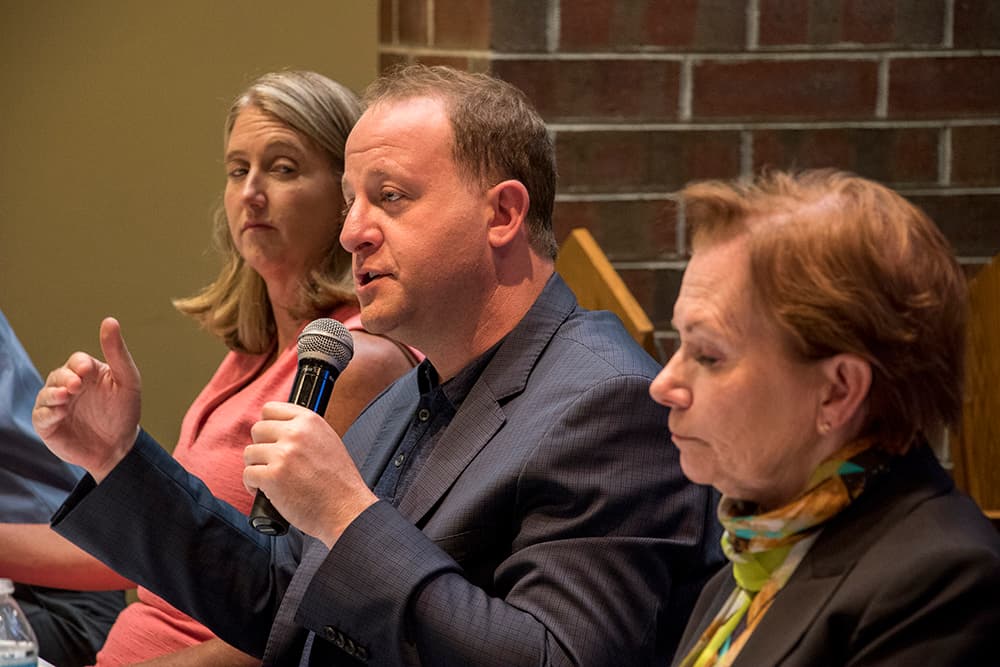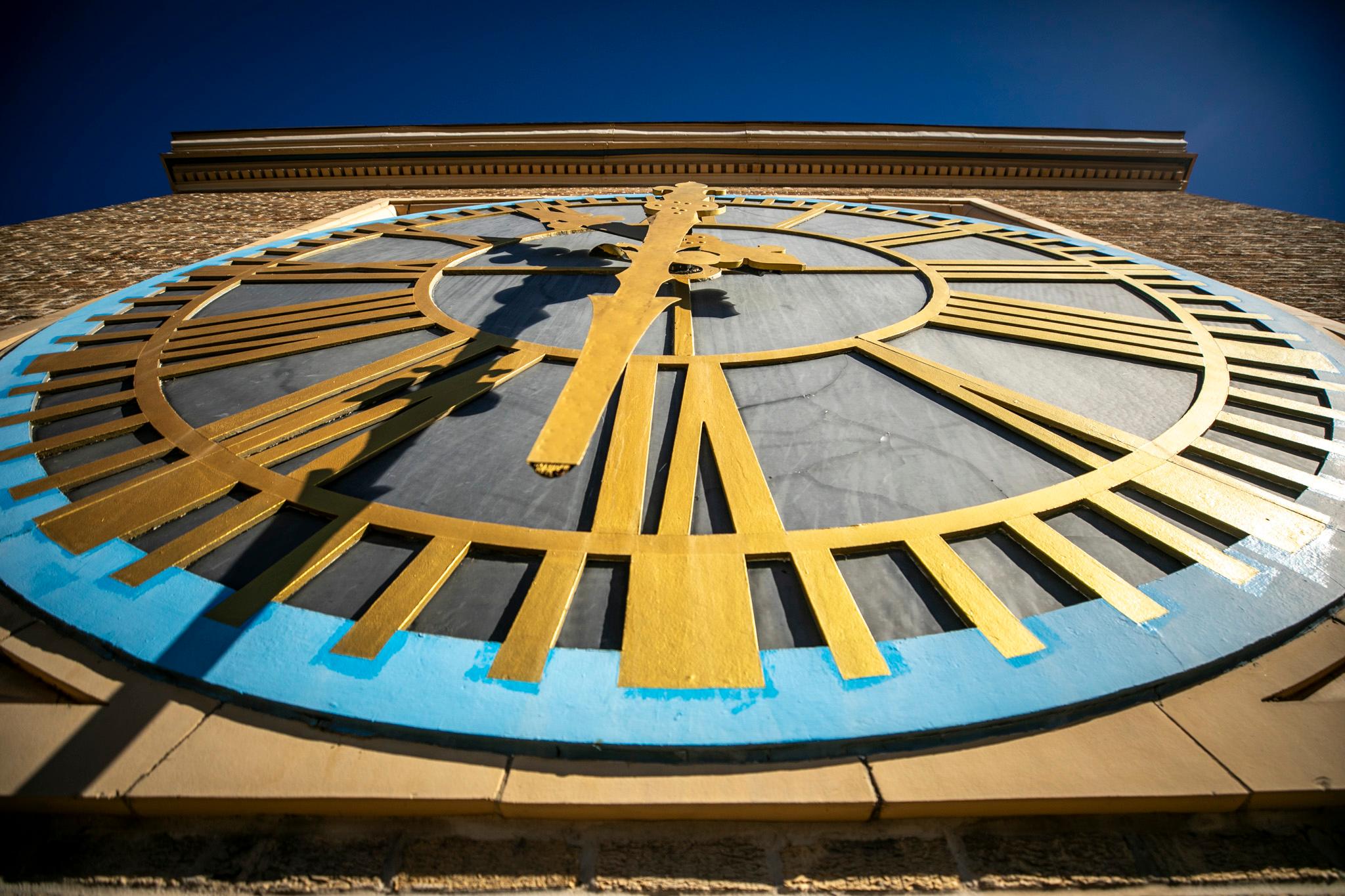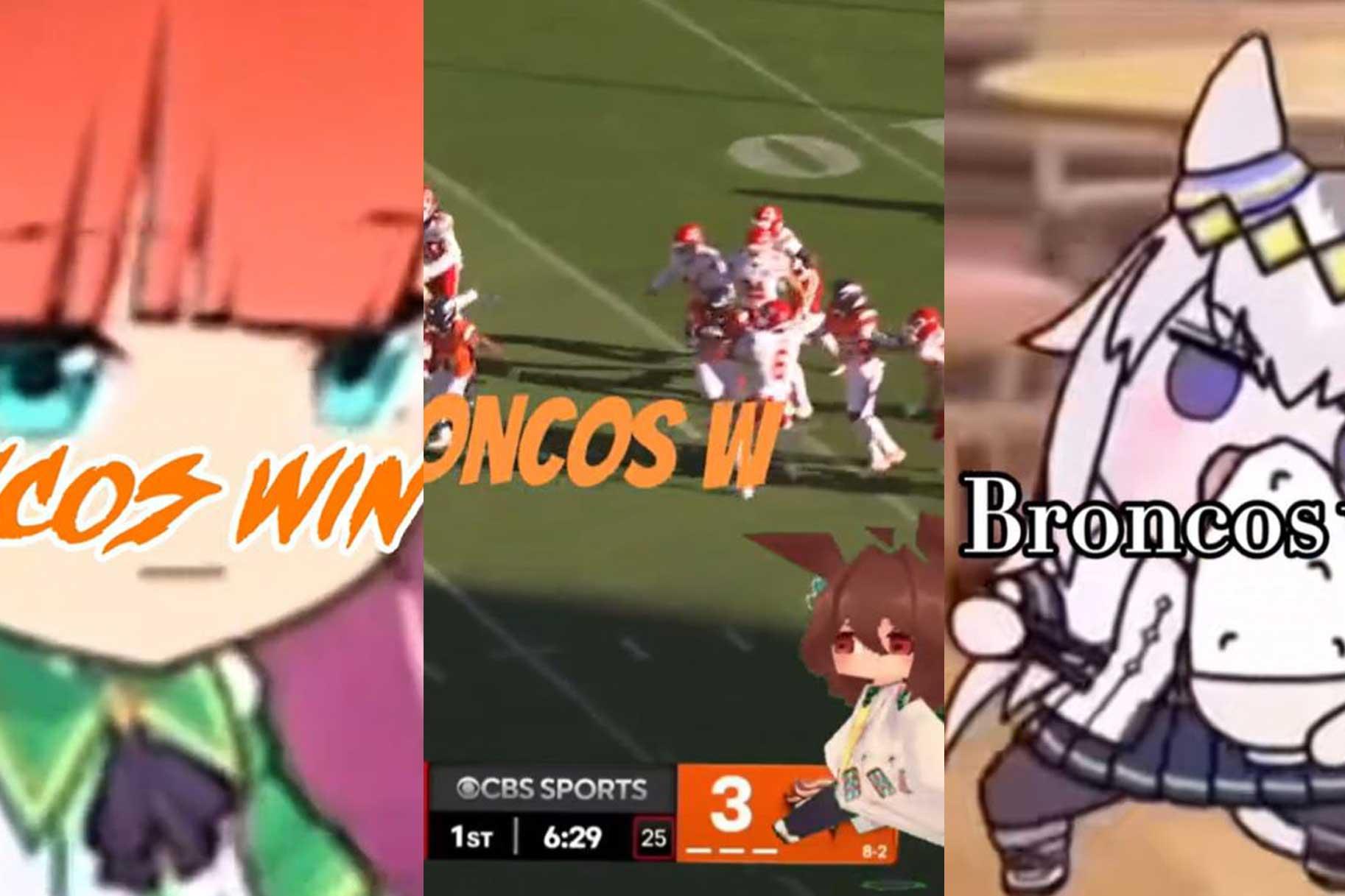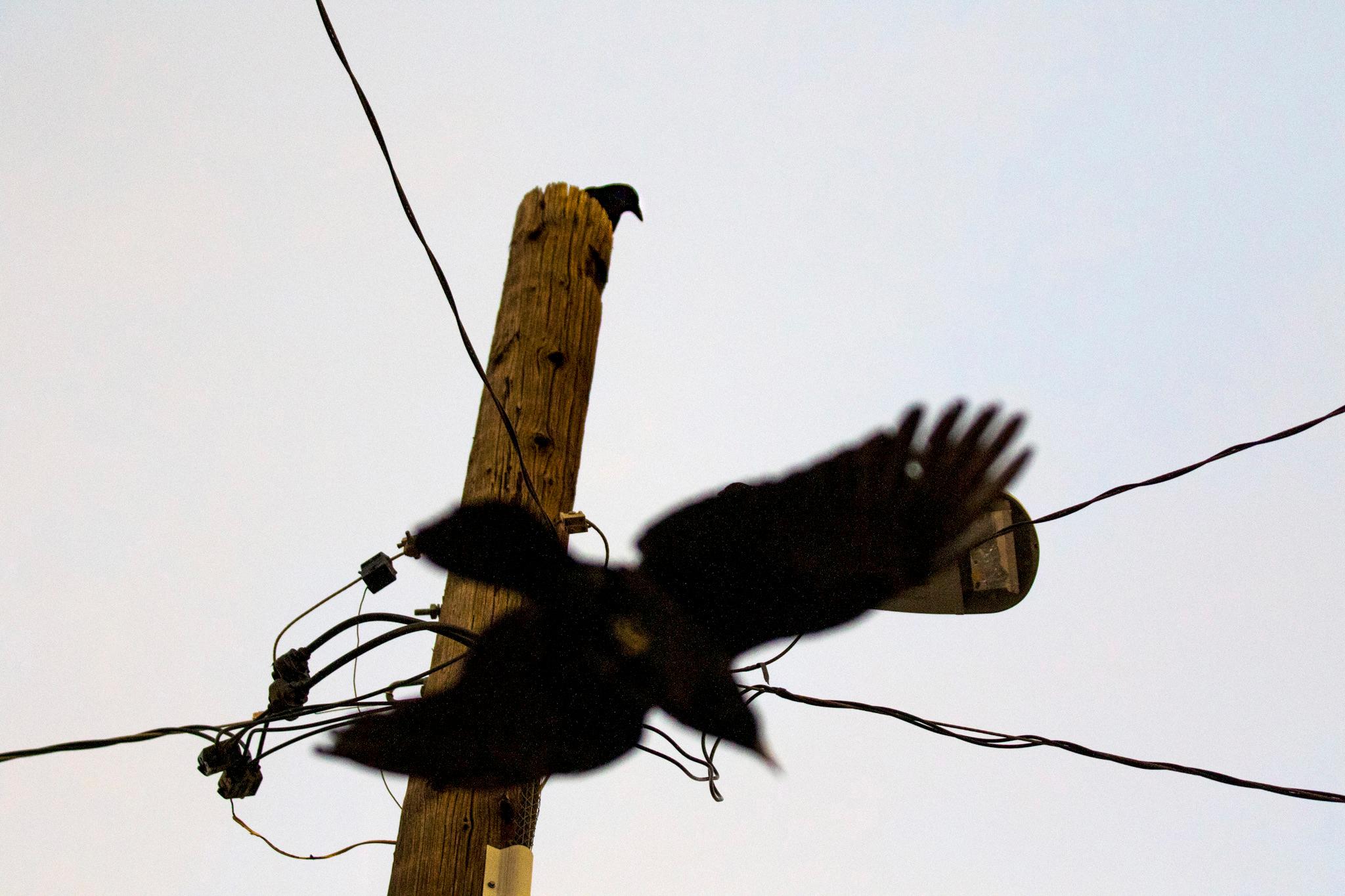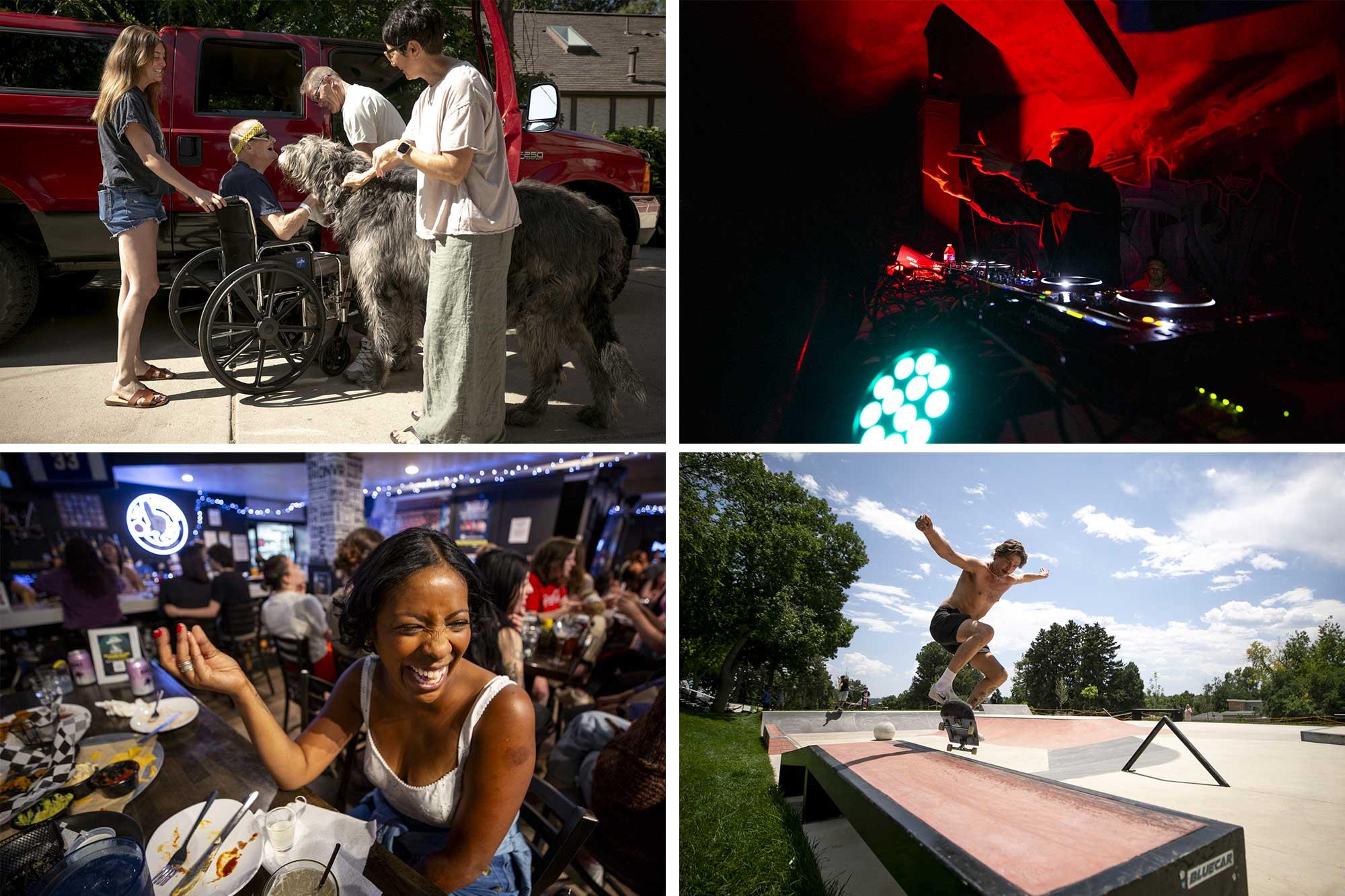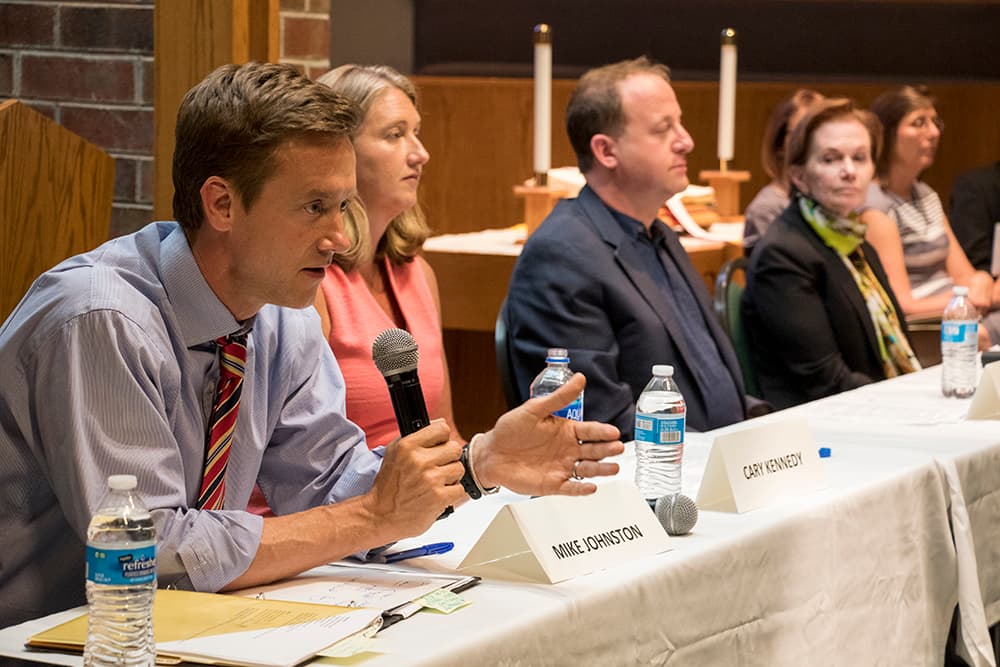
Update: Tue., June 5: Video of the debate is here.
Between now and June 26, the four remaining Democratic candidates vying for the party’s nomination — Mike Johnston, Cary Kennedy, Lt. Gov. Donna Lynne and U.S Rep. Jared Polis — will be seeing each other pretty often.
Their next public meeting will be during Monday's debate, produced by 9News and airing on Channel 20 KTVD at 7 p.m.
There still isn't a clear frontrunner, but conventional wisdom among close observers right now is that there's a split between Kennedy and Polis as the most popular candidates and Johnston not far behind.
Democratic analyst and consultant Steve Welchert said holding high-profile debates like this one, which takes place about three weeks before the primary, is a good idea. Most voters aren’t currently “transfixed” by the election right now, Welchert said.
“There’s a lot of wood to be cut,” Welchert said. “These early debates are giving people a taste, but it’s a long way from the finish line. I can guarantee you, lots is gonna happen between now and June 26.”
Last week, the watercooler talk centered around a pro-Kennedy ad released by an independent expenditure committee that looked an awful lot like an negative attack ad. (Welchert doesn’t think it was: “If Kennedy’s people would have said, ‘Polis has a bad baseball swing, that’s why he can’t be governor,’ that’s a negative ad.”) Will the ad prompt Johnston or Polis to join the fray and push aside the pledge Welchert called a “vow of chastity” to keep the campaign clean?
“Those are all open questions,” Welchert said. “The campaign is definitely going to get sharper, more focused. It’s now going to be fun to watch. It’s nowhere near over, it’s just beginning in my view.”
What are some of the ways the candidates are different and what should voters keep an eye out for?
This week’s debate should be different than the first 9News debate hosted in April. Welchert said that debate, which didn’t include Polis, was a “geek-fest, a wonk-dream.” He said it was “too deep in the weeds” on policy, which he feels can turn off voters.
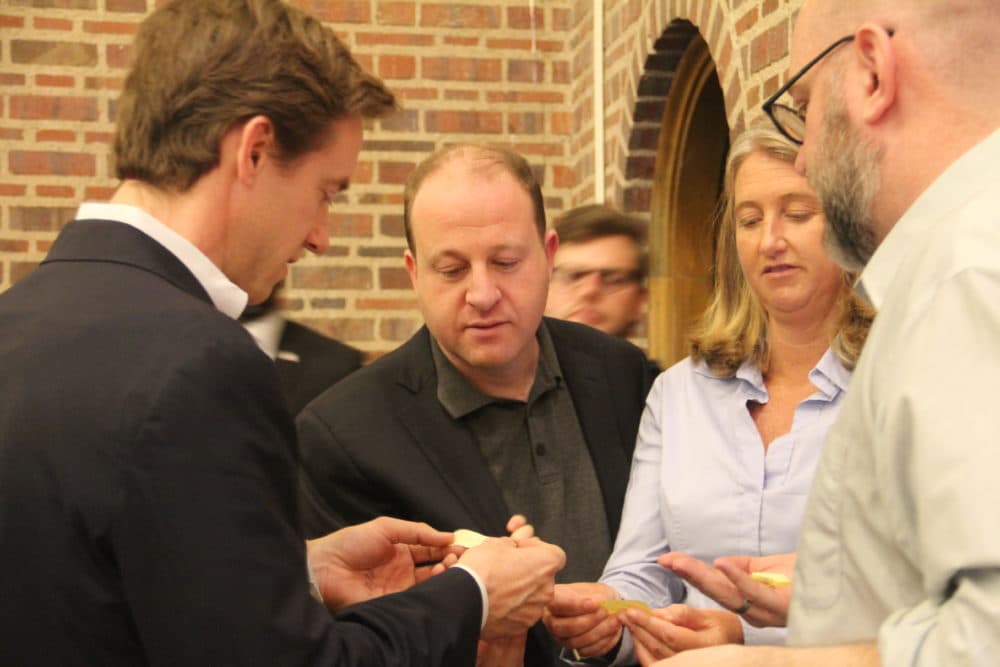
The candidates' goal now is to create more contrast, Welchert said. It's why he believes the pro-Kennedy message was a good one, because it showed viewers differences between her and the two other candidates.
Welchert said Johnston was the first candidate to call out differences among his peers. During a debate between the candidates in Colorado Springs last month, Johnston called out Polis for objecting to a 2013 assault-style ban in Congress. Polis fired back and said Johnston didn’t sponsor legislations banning similar firearms during his time in the General Assembly, according to the Colorado Springs Gazette.
“That’s a fair contrast,” Welchert said, adding he wouldn’t be surprised to see pro-Johnston groups running an add highlighting this. “It’s a point of distinction between Johnston and Polis.”
Metro State University political science professor Norman Provizer said people should keep an eye out for candidates providing, “straightforward, coherent answers to questions.” Provizer said that under the current political environment, someone who can provide concrete answers can seem uncommon.
“That would make someone stand out from the pack,” Provizer said.
When Provizer talks about the “current political environment,” he is referencing President Donald Trump, whose presidential campaign was heavy with slogans and chants ("Build the wall!" and "Lock her up!" for example).
“And if you think about it, (Trump) presents something else that can gather attention and that people, whether or not they admit it, can be influenced by,” Provizer said. He continued, “There’s nothing rational, in many ways, let’s be honest here, about slogans like ‘build the wall.’ It’s nonsense, but it resonated.”
Provizer said he doesn't believe this will work in Colorado.
“People will not fall for that,” Provizer said. Colorado’s electorate is educated, usually coming in second behind Massachusetts, Provizer said. It adds up to the state being, “largely immune” from what Provizer called “cheap bumper-sticker slogans.”
What's the moderator looking for?
Monday's 9News debate on Channel 20 will be moderated by Kyle Clark.
"Our goal every time is to give viewers an idea of where candidates differ substantially on policy and on personality," Clark said, acknowledging that it could be a struggle at least on the policy side. "We had a pre-convention debate in which we struggled to elucidate policy differences between the candidates."
As for personality, it won't be as much of a challenge.
"I have found in the past that the differences highlighted by television debates are 80 percent personality and 20 percent policy," he said. "Which I don't think is a bad thing. I think it is a highly valuable exercise."
Does a candidate answer questions? How do they handle conflict and questioning? The first 9News debate — the one without Polis — didn't necessarily answer the conflict question.
"There was no direct fire," he said. "It was very hands-off."
That could be different this week.
During a debate hosted by Colorado Public Television last week, both Johnston and Polis called out Kennedy on her leadership abilities after she said she wouldn't denounce last week's ad, saying it was the teachers' ad, not hers. Johnston said Kennedy took the clean campaign pledge, but her coalition broke that promise.
"Either you're going to build a coalition that lives by your values, or you're not," Johnston said.
Then Polis jumped in.
"I think this is a bit of a pattern here with Cary Kennedy," Polis said during the debate. "Real leaders don't shift responsibility, they take ownership."
The other thing to keep in mind, Clark said, is that the debate will be produced with unaffiliated voters in mind.
"I don't think we've got a good idea of who the electorate is, which is really interesting, for the first time," he said.
And some candidates have told 9News they're excited about that focus, especially after participating in a previously taped segment that recently started airing. At that event, candidates were brought to a Denver brewery to talk with voters, many of them unaffiliated, Clark said. "That was 5-minute speed dating with six of the eight candidates for governor."
"More than one candidate said, 'Actually this is not what we do, this is a completely different set of people,'" he said. "The idea of talking to a largely unaffiliated crowd ... those people may be voting in the primaries but I don't get the impression that they're turning out to a lot of campaign events."
Dave Burdick contributed to this report.

